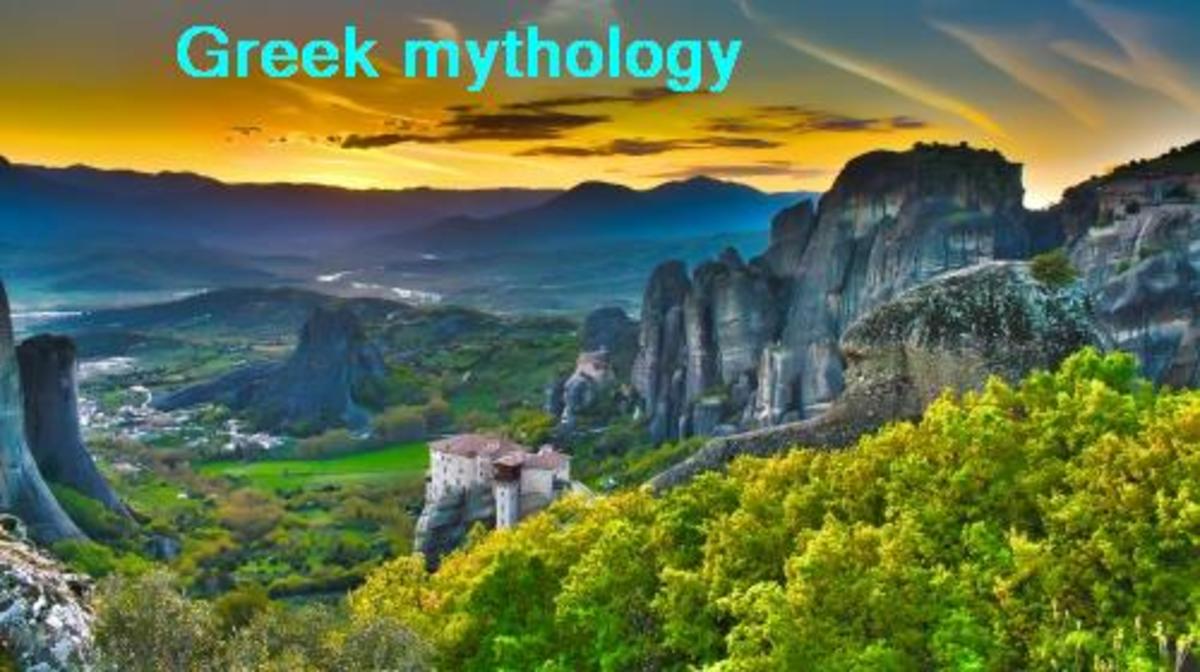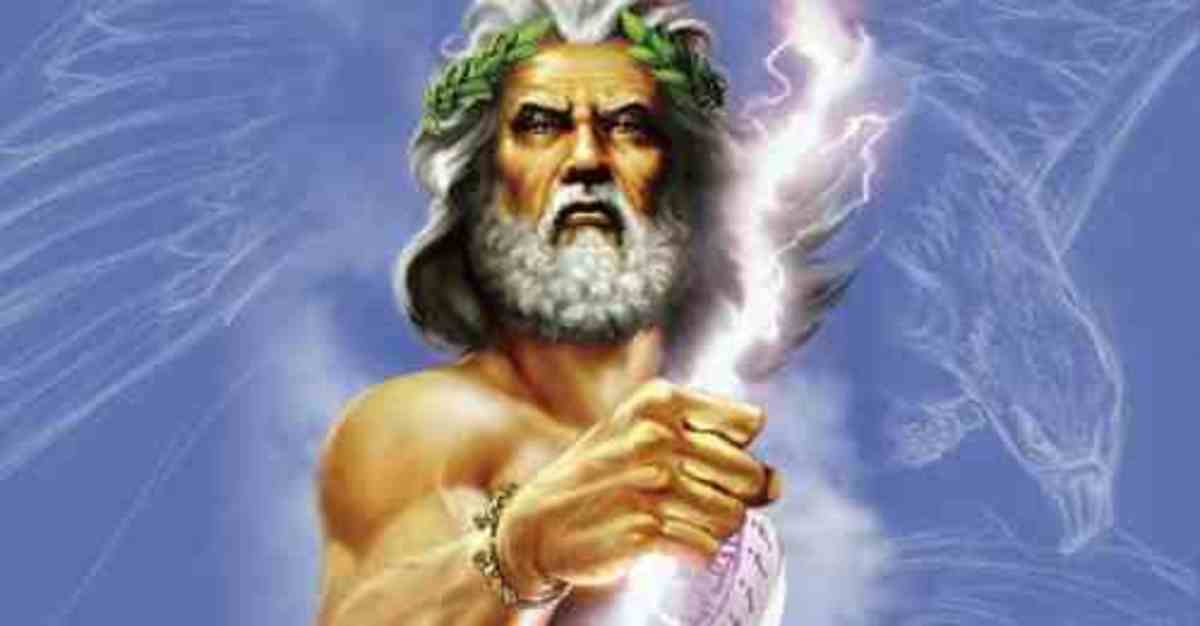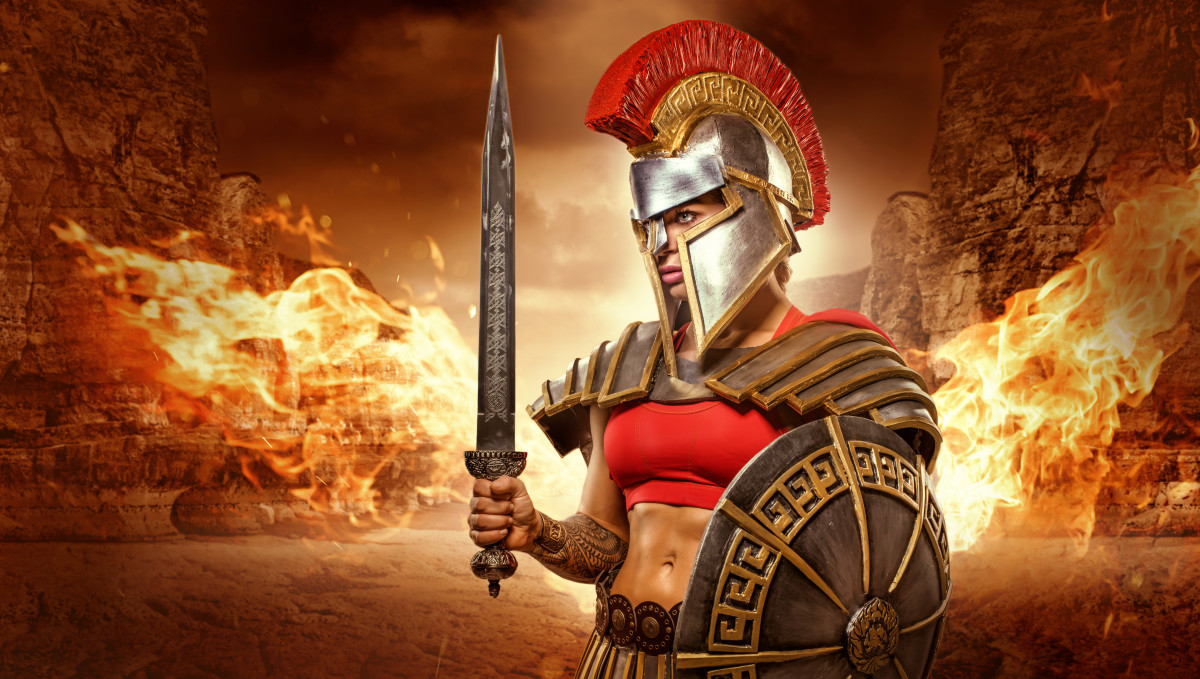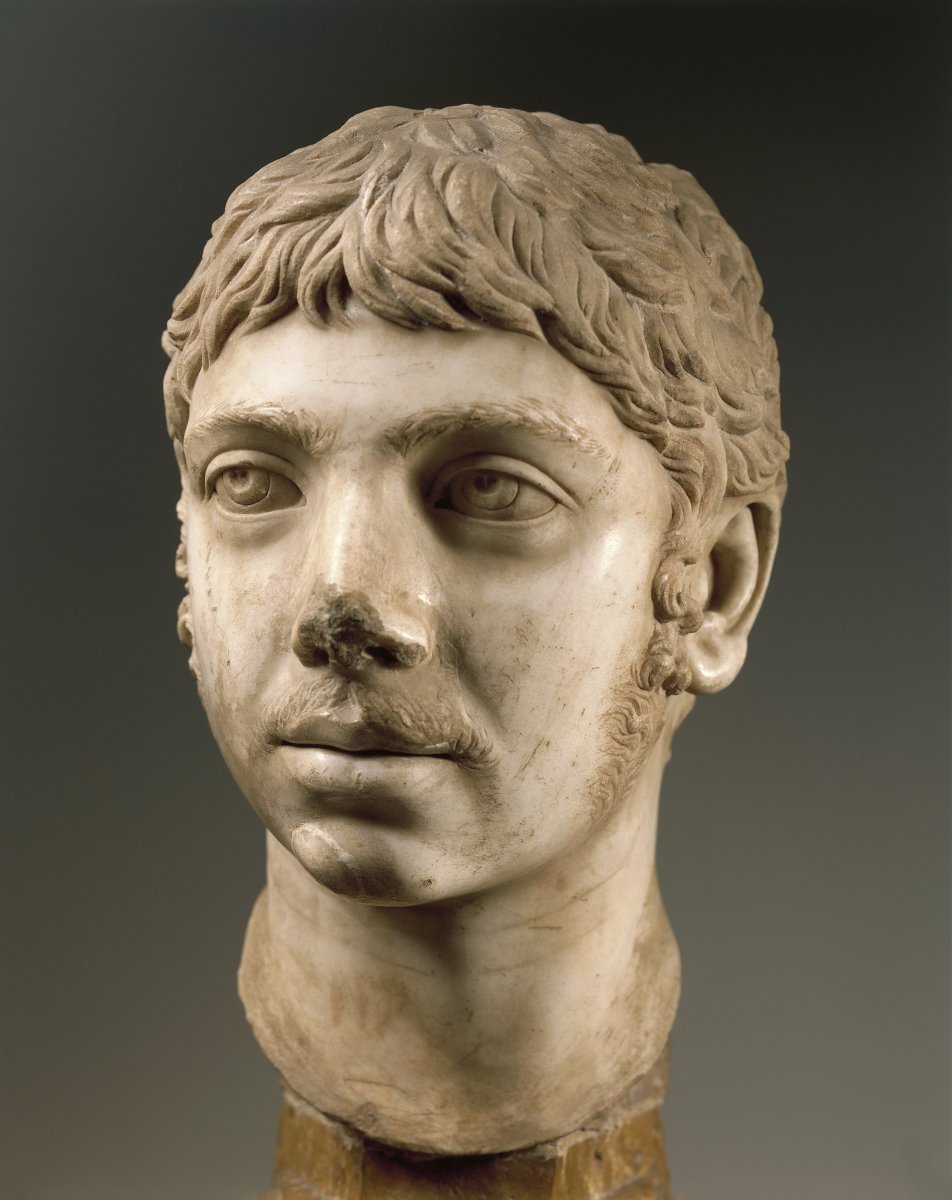- HubPages»
- Education and Science»
- History & Archaeology»
- Ancient History»
- Greek & Roman History
Greek Gods and the Heavens
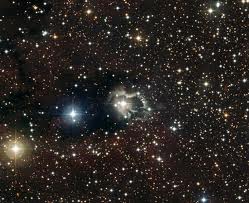
Stargazing Live
Now that the BBC’s annual Stargazing Live series is about to begin – January 6, 7 and 8 on BBC2 at 8pm, it is time to cast our eyes heavenwards again. The peoples of the prehistoric and ancient world did not even think about this. For the illiterate majority, the sky was the only “book” available, the university of the universe. A dearth of artificial light helped also, both at a practical and a profound level. As every creative person knows, there is something about a blanket of darkness that enables the mind to wander. Freed from the cares of daytime, the thoughts of sages throughout the ages arose and their minds converged in the creation of fabulous myths concerning the celestial bodies in the night sky.
It is no surprise that all major civilizations boasted their own cosmogonys involving the heavens. In Egyptian mythology, the sky goddess Nut gives birth to the sun god Atum at dawn, every day. The Arabs established the overhead constellations into the divisions that we call the Zodiac, thus laying the foundations for the cult of astrology. In prehistoric Ireland and England, astronomy was wedded to architecture, resulting in monuments that mark the winter solstice. The inner chamber of the burial monument at Newgrange in Co. Meath, Ireland, lights up at sunrise on December 19, 20, 21, 22 and 23, the five shortest days of the year. Stonehenge at Amesbury in Wiltshire, England, marks the same occasion when a beam of rising sunlight penetrates the trajectory of standing stones that form the monument. However, if it is cloudy over the location – and it often is in December – the event is lost and sun-watchers go home in disappointment.
Before the advent of modern astronomy, celestial cosmogony reached its zenith in Greek mythology. Because of its Mediterranean location, it is not surprising that the stories of ancient Greece abound with gods and goddesses riding chariots across the blue sky, emerging from the sea, blown about by Zephyrs and tackling enormous maritime monsters. Tradition has it that the Milky Way came into existence when Heracles (or Hercules) wanted to achieve immortality. While still a baby, he sucked milk clandestinely from his stepmother Hera. Furious, she tore him away so roughly that her milk spurted all over the sky and formed the galaxy that we know so well.
Meanwhile, the mother of all other stars was Eos or Dawn. Together with siblings Selene (the moon) and Helios (the sun), they ruled the heavens. During the day, Helios travelled across the sky in a golden chariot pulled by four horses. On reaching the ocean in the evening, he rested in his palace before beginning the journey again. Greek gods have also given their names to constellations or star groupings.
Cassiopeia boasted that her beauty outshone that of Hera. This angered Poseidon, god of the sea, so much that he sent a sea monster to devour her daughter, Andromeda. However, hero Perseus rescued Andromeda by tying her to a rock and Cassiopeia was transformed into the eponymous w-shaped constellation. Eventually, Perseus married Andromeda. Both of the happy pair now have their own constellations, south and southeast of Cassiopeia.
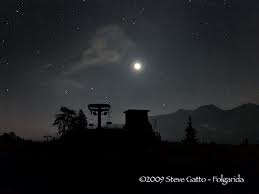
Classicism to Christianity
Hesperus was a youth who climbed Mount Atlas to watch a storm and was swept away by giant waves. At the time of his disappearance, his friends noticed a bright star in the evening sky. It heralded such peace and calm that they named it after him. Astrea was the daughter of Zeus and Themis. During the Golden Age, she spread peace and justice among mankind. However, she was soon overwhelmed by the wickedness of humanity and returned to the skies, where she became the constellation of Virgo.
Orion was the handsome son of Poseidon. As with Heracles, there are many tales of his exploits. While wandering in Boetia, he met the Pleiades, the seven daughters of Atlas and Pleione, and fell in love with them. He pursued them for five years before they were transformed into doves. Eventually, Zeus turned them into stars. All of them apart from Merope had been married to gods, which is why she is the least bright of all the stars in the Pleiades constellation. At the end of Orion’s earthly life, he so enraged goddess Artemis that she set a scorpion upon him. Both the scorpion and Orion were changed into constellations.
In his seminal work, the Metamorphoses, Roman poet Ovid recounts many more tales of gods and humans transformed into heavenly bodies - but change was at hand. Three Oriental astronomers, who set out one night to follow a bright and shining star, heralded the coming of Christianity and marked the end of the classical age. About five centuries later, an ecclesiastical astronomer named Denis the Small, a Scythian who lived c. 470-544, set down the date of this event as 0 AD, thus giving the world the calendar we use today. The scene was set for many centuries more of astronomical and scientific discovery, but that is another story.
Sources
The Complete World of Greek Mythology by Richard Buxton, Thames & Hudson, London
Dictionary of Classical Mythology, edited by Pierre Grimal, Penguin Books
Egyptian Myths by George Hart, British Museum Press
Metamorphoses by Ovid, Penguin Classics



